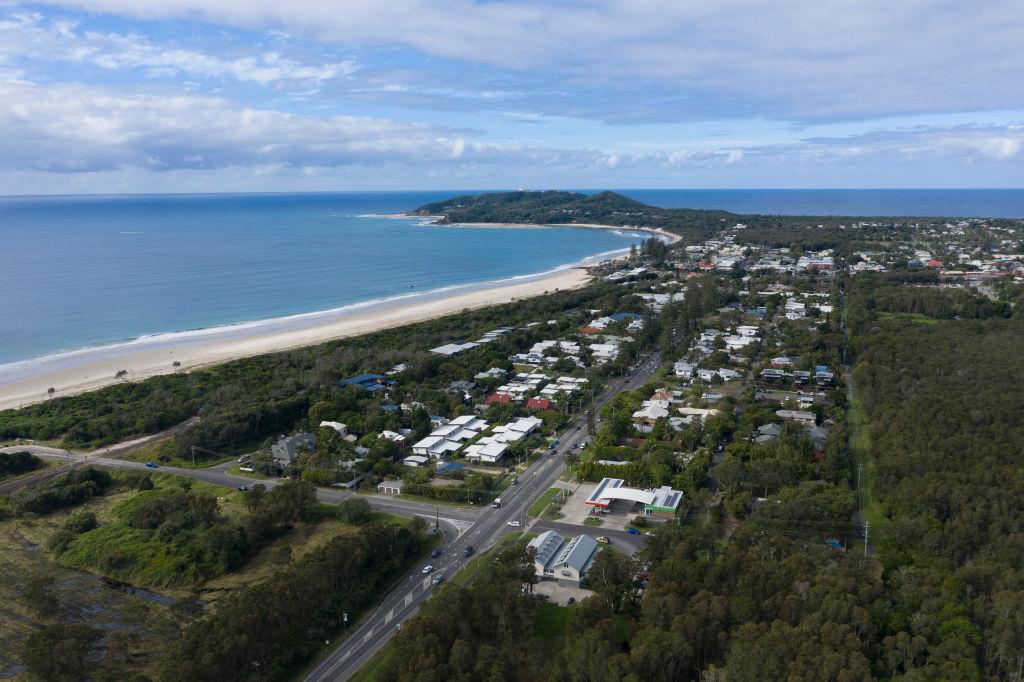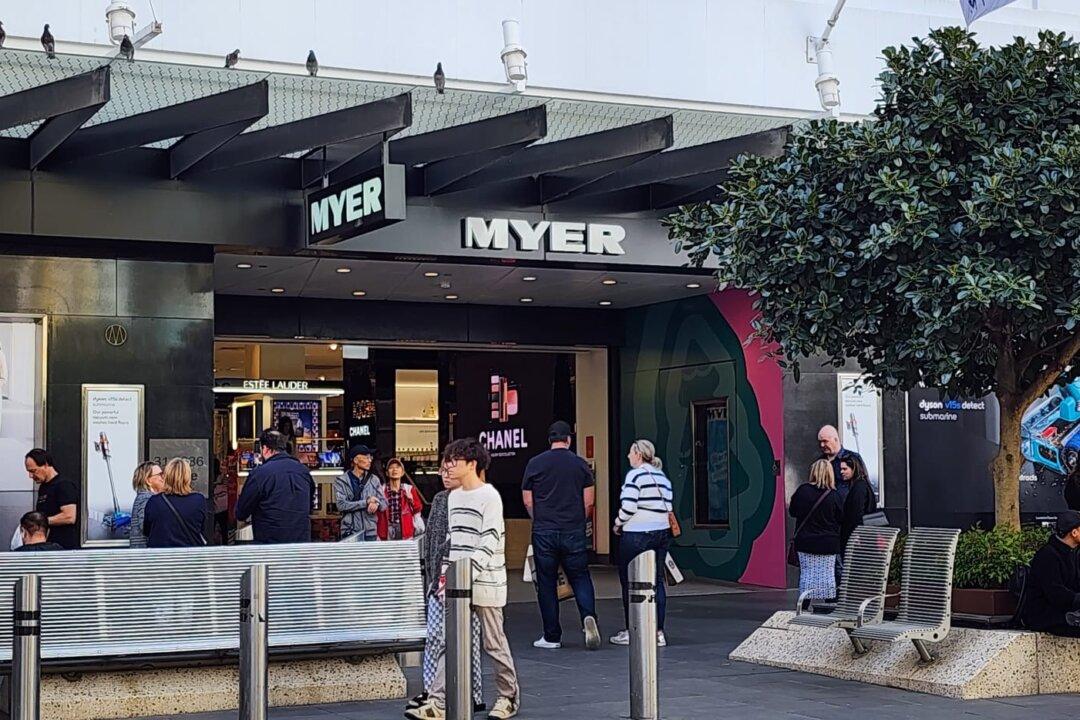Byron Bay Council has proposed limiting short-term rentals, such as those advertised on Airbnb, to 60 days a year.
This move aims to alleviate housing market pressures in Byron Shire and is expected to be implemented in the middle of next year, pending government approval, according to Byron Shire Mayor Michael Lyon.




